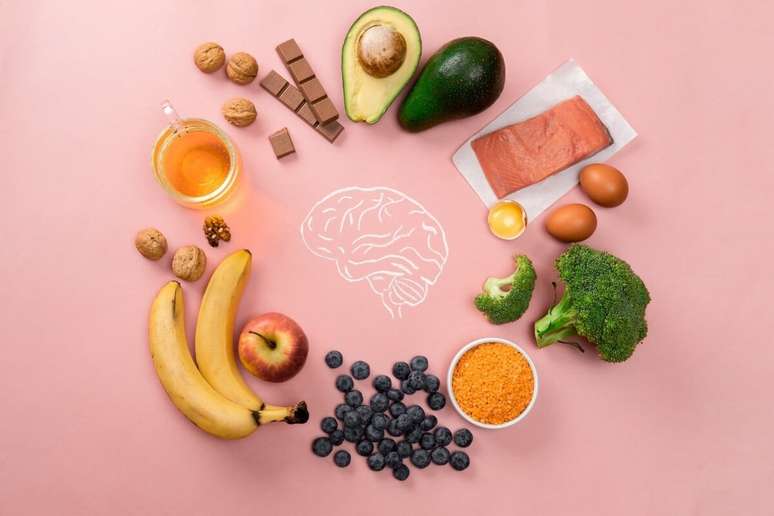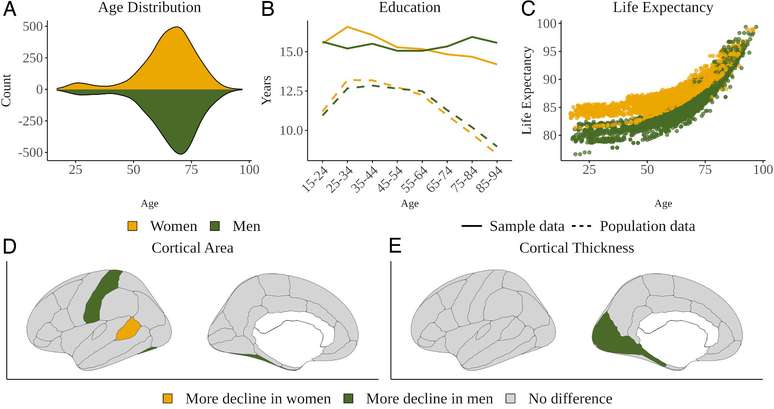Find out how some substances can help promote physical and emotional well-being
The intestines perform several essential functions for the general health of the body, which go beyond digestion. The organ, for example, is responsible for transporting information to the brain. In this way, the signals generated by it can influence mental health.
According to nutritionist Juliana Vieira, studies have shown that certain nutrients are directly related to the production of neurotransmitters, such as serotonin and dopamine, associated with mood, sleep, feelings of pleasure, motivation, and the reduction of anxiety and stress.
“This is especially the case with foods rich in tryptophan, such as eggs, lean meats, dairy products, nuts, legumes and bananas,” the expert lists. Next, the professional lists 3 foods that contribute to mental health. Wait!
1. Natural yogurt
Natural yogurt is a source of probiotics, responsible for the adaptation of the gut health, restoring the balance of the intestinal microbiota and allowing for greater absorption of nutrients. Microbiota imbalance is directly related to anxiety and depression.
2. Cereals, vegetables and legumes
Consuming B vitamins, found in whole grains, vegetables, and legumes, is also beneficial for mental health, as they ensure that the brain has the energy it needs to perform its functions. They also help in the production of neurotransmitters that regulate mood.

3. Turmeric
The best spice for maintaining brain health is turmeric as it contains a nutritious called ‘curcumin’, which helps to decrease anxiety and reduce inflammation and oxidative stress, often present in people suffering from mood disorders.
Foods That Are Bad for Mental Health
Just as there are foods that are beneficial for mental health, there are also others that are not so beneficial. “Excessive consumption of ultra-processed foods, rich in sugar and saturated fats, leads to imbalances in the body and negatively affects mood, in addition to promoting the development of obesity, diabetes or cardiovascular diseases which, added to depression, generate even more complications”, concludes nutritionist Juliana Vieira.
By Thiago Martins
Source: Terra
Ben Stock is a lifestyle journalist and author at Gossipify. He writes about topics such as health, wellness, travel, food and home decor. He provides practical advice and inspiration to improve well-being, keeps readers up to date with latest lifestyle news and trends, known for his engaging writing style, in-depth analysis and unique perspectives.








